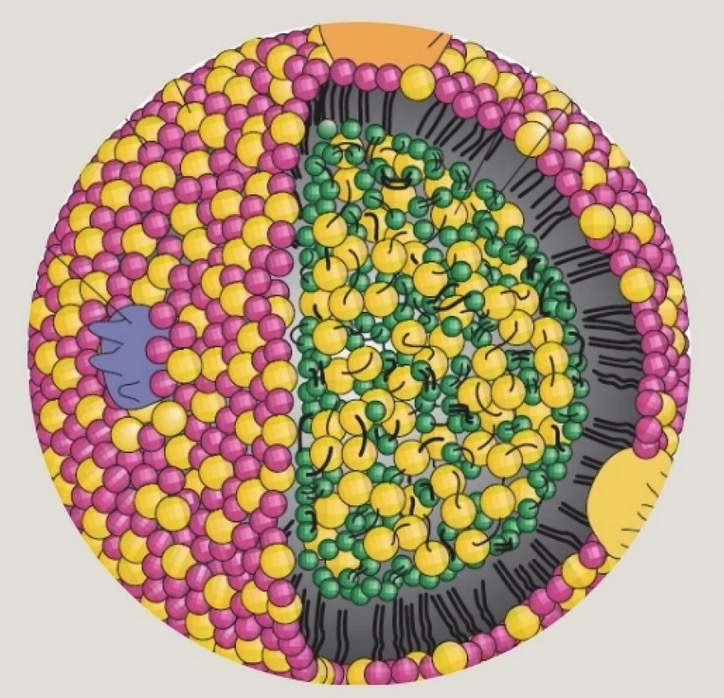Extremely promising results of the application of a strict ketogenic diet to glioblastoma survival rates.
Among the 18 patients participating in the study, 6 adhered to the ketogenic diet for more than 6 months. Of these patients, one patient passed away 43 months after diagnosis, achieving a survival of 3 years; another passed away at 36 months, narrowly missing the 3-year survival mark; and one is still alive at 33 months post-diagnosis but has yet to reach the 3-year milestone and is, therefore, not included in the final survival rate calculation. The remaining 3 are also still alive, completing 84,43 and 44 months of life, respectively. Consequently, the survival rate among these patients is 4 out of 6, or 66.7%. Of the 12 patients who did not adhere to the diet, only one reached 36 months of survival, while the rest have died in an average time of 15.7 ± 6.7 months, with a 3-year survival rate of 8.3%. Comparing the survival rates of the two groups, we see that the difference is 58.3% (66.7% versus 8.3%) and is statistically significant with p < 0.05 (0.0114) and X2 = 6.409.
Full Paper https://doi.org/10.3389/fnut.2024.1489812


Notes:
^^This sentence has a assumption, incorrect, that the brain preferences glucose. I think this is reversed, in the absence of ketones the brain can use glucose. In people with both ketones and elevated glucose levels in the blood a healthy brain burns ketones at a 70:30 preference.
3.3 Patient 3
This is super interesting, she recovers, quits keto, the GBM comes back, and gets back into keto and has a ECOG of 0.
^^This is just sad
The liver makes glucose, steroids increase glucose levels, etc
Thoughts
This was a dietary ketogenic intervention, I wonder how the outcomes would differ with exogenous ketones? Since compliance with the intervention was so low (33%), could we have seen the other 66% benefit from a ketogenic diet + exogenous ketones? The one patient in the study (patient 5) who took exogenous ketones did suffer a relapse, i would have liked to see their GKI history.
Several of the patients reported constipation when starting the keto diet, probably because they increased fiber consumption. It would be interesting to see the same intervention without fiber. We have other papers indicating full resolution of constipation with the removal of fiber.
The theme amongst the patients is that the lower the GKI, and the better adherence, the better the outcomes and fewer recurrences.